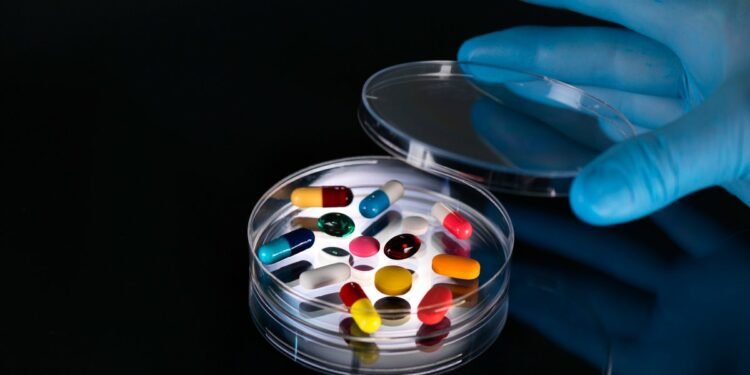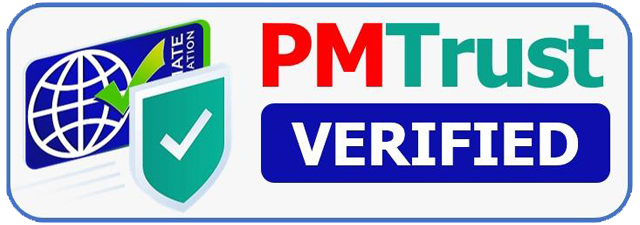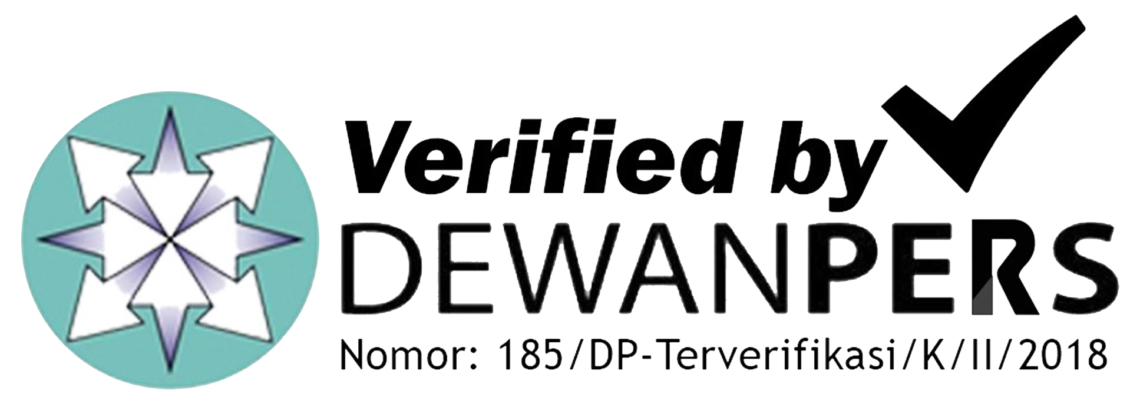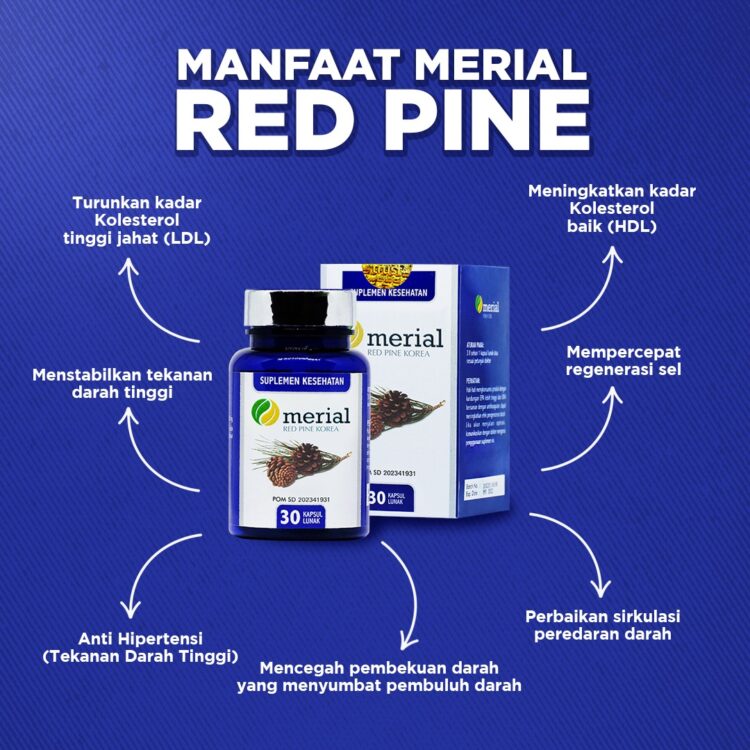[ad_1]
But around 10 years ago, some of his patients began to get sick with mysterious symptoms. “Sometimes it’s just a racing heart,” said Cohen, who practices at Cambridge Health Alliance. “But other times it was chest pain that led to emergency room visits, or even kidneys shutting down and needing to go to the hospital.”
Cohen learned that they, and other patients, were taking weight loss pills from Brazil. When he got his hands on the supplements, he found botanical ingredients on the labels, but when he analyzed them in the lab, found they contained multiple pharmaceutical drugs like fenproporex, an amphetamine derivative. Though fenproporex is prescribed in Brazil, it is not approved for use in the U.S. by the Food and Drug Administration (FDA).
Since then, Cohen has tackled head-on the larger problem of unregulated dietary supplements in the United States. He’s published numerous studies finding unapproved pharmaceutical drugs at erratic doses in pills that promise weight loss, fitness gains, or cognitive enhancement. He’s also been sued for $200 million for libel and defamation, but the threat of legal action hasn’t stopped him yet. “That’s not my favorite part of the work,” he acknowledged.
Last year, Cohen and his colleagues found that nootropics—supplements aimed at improving memory, intelligence, and focus—were openly advertising that they contained piracetam. This drug is prescribed in some European countries for cognitive impairment, dementia, and other neurological disorders, but is not approved in the U.S.
Recently, Cohen started to see that other nootropics were listing different versions of piracetam on their labels. In a new study, out today in Neurology, the medical journal of the American Academy of Neurology, Cohen and his colleagues looked specifically for these “analogs,” or compounds that have a similar chemical structure.
By continuing his work to expose illegal drugs in supplements, Cohen hopes to call on the FDA to take more action against companies that are blatantly skirting the rules, like those advertising illegal ingredients right on their labels.
“I’m not surprised,” said David Seres, the director of medical nutrition at Columbia University Irving Medical Center in New York City, who wasn’t involved in the new study. “Given both the long history of this happening in supplements and also because of the weakness in the regulation and the laws. What’s really offensive about the whole thing is that we’re dealing with substances that are supposed to be for people’s health.”
One of the supplements Cohen and his colleagues tested claimed it was a “brain enhancement formula,” while several others mentioned improvements in memory, mental clarity, or energy. One called itself a “workout explosive,” while another claimed taking it could help a person “outlast, endure, overcome.”
Watch more from VICE:

Nootropics are able to make broad statements about their effects, as long as they avoid making specific claims. They can gesture at being “brain boosters,” for example, but cannot claim they can “cure ADHD.”
The supplement market overall is estimated to be worth $46 billion, and has gone from 4,000 products in 1994 to roughly 80,000. As of 2018, over half of adults in the US said they take dietary supplements, and cognitive enhancement drugs in particular are gaining popularity. In 2017, almost 30 percent of people said they had used supplements for “cognitive enhancement” in the past year, up 20 percent from 2015. Cognitive enhancing supplements were estimated by Grand View Research to be worth $10.7 billion annually by 2025.
In 2018, a study in JAMA Network Open reported that 776 over-the-counter from 146 different dietary supplement companies contained unapproved ingredients. “The supplements in question include everything from sketchy sexual enhancement pills with donkeys and roosters printed on the packaging that you can find at bodegas, and more aesthetically pleasing pills that are now routinely hawked via Instagram marketing,” Hannah Smothers wrote in VICE.
In November of last year, Cohen and his colleagues found the unapproved drug piracetam in nootropics. Piracetam was discovered by a Romanian scientist Corneliu Giurgea in the early 1960s, who is also credited with coming up with the word “nootropic”—a combination of the Greek words for “mind” and “bending.” Evidence for piracetam’s effectiveness is rocky: a Cochrane Systematic Review didn’t find support that piracetam could meaningfully improve cognition in studies on more than 11,000 people.
In that study, Cohen and his colleagues found that some supplements had 20 percent more piracetam than they claimed to on the label. In Europe, prescription piracetam is usually prescribed with 800 or 1200 mg tablets, and a daily dosage of 2400 to 4800 mg. The supplements could have more than 1500 mg per individual dose, meaning a person could take a whopping 11,000 mg if they followed the instructions on the label.
They bought 10 supplements online, and through lab testing, found omberacetam and aniracetam in all 10. Omberacetam is a medication available in Russia for treating conditions like traumatic brain injury and mood disorders. Aniracetam is used to treat dementia in Italy, Argentina, and China.
They didn’t find phenylpiracetam and oxiracetam, even in the supplements that claimed to contain them. But they did find three unapproved drugs in two of the supplements that were not listed on the labels: aniracetam, phenibut, and picamilon. Phenibut is used in Russia for anxiety, insomnia, or alcohol withdrawal, and picamilon is used in Russia to increase blood flow to the brain, for mood disorders, or alcohol withdrawal. Phenibut is an especially concerning addition, Cohen said, because it can be a drug of abuse, and people could overdose on it at high levels or have withdrawal symptoms if they stop taking it.
While it’s true that these drugs can be prescribed in other countries, that involves the guidance of a doctor. As the Renaissance alchemist Paracelsus said,”It’s the dose that makes the poison.” Even if a drug is not harmful at low doses, supplements with unknown amounts of compounds are dangerous.
On the products that did include dosages on the labels, Cohen found that nine out of 12 of the supplements got it wrong. And if a person took the serving sizes recommended by the labels, they would be exposed to pharmaceutical-level dosages of drugs. Additionally, by mixing different compounds, you could be creating interactions that cause even worse side effects. Mixing prescription drugs is tricky, and best done under the watchful eye of a doctor, Cohen said.
“You would certainly want to know the dose of each of those drugs you’re putting in your body,” Cohen said. “In this case, what is particularly alarming is how many different combinations there were. There are no studies that combine a mixture of these drugs and ask, ‘What does that do in humans?’”
That so many of these supplements are on the market is a failure of the FDA’s ability to regulate them, according to Cohen. “There are regulations that are in place and rules about introducing new ingredients into supplements,” he said. “Those are being violated hundreds of times a day by companies that are selling new ingredients without going through the proper channels.”
The concept of a “dietary supplement” was created with the Dietary Supplement Health and Education Act of 1994, or DSHEA. DSHEA classified supplements as food, not medicine—meaning they are not subject to the same rigorous testing medications are, including clinical trials.
Cohen said that our laws don’t sufficiently protect the public from what’s really in our supplements. “Since it was written, the supplement industry has been reshaped by Internet sales and an increasingly complex global supply of new substances,” he wrote in a recent editorial in the New England Journal of Medicine. “What was a $4 billion market in 1994 with a few thousand products has grown into a more than $40 billion market with tens of thousands of dietary supplements.”
In the dietary supplements market, patients aren’t seen as patients, Seres said—they’re seen as customers. He’s disappointed there hasn’t been more interference, especially since studies continue to be published on the presence of unapproved drugs; it’s no secret that this is an issue.
“It speaks to the weakness of the laws, and the insufficient funding and support for consumer protection,” Seres said.
In a statement online, the FDA wrote that it had issued warning letters to five companies that had supplements claiming to contain picamilon. It has similarly issued warning letters for phenibut, and warned that vinpocetine could be risky for women of childbearing age. But these warnings may not be enough.
The 2018 JAMA Network Open paper, with senior author Madhur Kumar, a research scientist at the Food and Drug Branch of the California Department of Public Health, concluded that active pharmaceuticals continue to be found in supplements “even after FDA warnings.” For the more than 140 companies involved in that study, the FDA only issued seven warning letters.
The warning letters, when they are sent, are less of a bite and more of a feeble bark, according to Cohen. If a supplement company got a warning letter from the FDA about its product, they could simply leave the ingredient off the label, Cohen said.
The FDA is also not recalling as many products as have been adulterated. Out of 746 supplement brands found to be adulterated in Kumar and his colleagues’ work, only 460 were recalled. Another study from 2013 found, similarly, that though the FDA had discovered 332 brands of supplements with pharmaceutical ingredients between 2004 and 2012, only 222 were recalled.
The negative effects of a lack of supplement regulation can be seen in emergency rooms around the country. Poison control centers got over 1,000 more reports of adverse events associated with dietary supplement use than the FDA did over a three-year period—proof of how the FDA isn’t keeping up. Another study from 2015 on 63 emergency departments from 2004 to 2013 found that 23,005 visits per year were related to dietary supplements. 2,154 of those people ended up hospitalized per year.
And a recent CDC report using regional poison center data suggests more people are being exposed to phenibut. From 2009 to 2019, there were calls for 1,320 phenibut exposures in the US, and the number of cases has increased since 2015. Most of the symptoms were drowsiness, agitation, irregular heartbeat, or confusion. But there were also 80 cases of coma, and three deaths.
“Whose job is it to get these products off store shelves? It’s the FDA’s,” Cohen said. “While they are aware of almost all of these drugs that we found in these supplements, their actions have been incredibly weak.”
There is no national tracking system for supplement brands; any supplement can be introduced into the U.S. market without informing the FDA. Cohen thinks that a crucial first step to reigning in the supplement market would be to create such a registration system that would give the FDA the right to decline to register a product if it listed a prohibited or pharmaceutical ingredient, and also give the FDA a way to quickly deregister a product if they needed to. Consumers could use a code printed onto a supplement to check with the registry what that supplement’s status is.
“The FDA should have authority, at a minimum, to require companies to list their ingredients in advance of marketing, with the ability to prevent plainly illegal products from reaching the market,” said Joshua M. Sharfstein, a professor at Johns Hopkins Bloomberg School of Public Health and former principal deputy commissioner of the FDA, who was not involved in Cohen’s new research.
The only thing resembling any kind of supplement registry is the National Institute of Health’s (NIH) Dietary Supplement Label Database. But rather than a site that’s geared towards consumers being informed whether their supplements are legitimate or not, this database just lists whatever the supplement prints on their label. This means that illegal and prohibited ingredients are openly listed on the NIH database. “Basically we’re just putting prohibited ingredients right onto the database and making it look like they’re totally legitimate,” Cohen said.
“It’s particularly unfortunate that the NIH database lists products that may not be sold legally,” agreed Sharfstein.
Outside of listing illegal ingredients, the NIH database may not always be accurate, since it just goes by the product’s labeling. In April of this year, Cohen and his colleagues looked up supplements that were listed as containing 5-alpha-hydroxy-laxogenin, a plant steroid that the FDA has said is not a legal supplement ingredient.
Seres said that while creating a proper registry for supplements is important, it has to be paired with more investment in and power given to the FDA to enforce the laws. Otherwise, we’d end up with just another version of the NIH database.
“Without strengthening the FDA, it might not result in much difference,” Seres said. “These companies should be really seriously penalized for endangering the consumers.”
In an email, Nathan Arnold, a spokesperson from the FDA, said that “The FDA monitors the compliance of dietary supplements through a variety of surveillance activities and carefully reviews product complaints and adverse event reports.”
Arnold also said that the FDA has proposed legislation to require mandatory product listing, which “would require all products marketed as ‘dietary supplements’ to be listed with FDA and give the agency authority to act against non-compliant products and the manufacturers and/or distributors of such products.” This would help the FDA know what dietary supplements are on the market, when new products are introduced, or what they contain, Arnold said.
At the time of publication, there were just 10 ingredients on the advisory list.
Without strong government interference, it’s up to researchers like Cohen to regularly call out supplement companies. That comes with its own risks. When Cohen published in 2015 that an illegal compound called BMPEA, similar to amphetamines, was found in a variety of supplements, he was sued for $200 million dollars by Jared Wheat, the owner and CEO of Hi-Tech Pharmaceuticals.
In 2017, STAT’s Rebecca Robbins reported that Wheat said his company makes more than $100 million a year in revenue. Wheat also told Robbins, regarding his spending of between $300,000 and $400,000 to sue Cohen, that he “spent a lot of money, but hopefully it will deter others from going out there and making baseless allegations.” Robbins noted Wheat’s advice to other academics was: “Think twice and do better research, knowing you can get sued if you do this.”
Even though Cohen won the defamation trial in federal court in Massachusetts in November, Cohen told Robbins how in the grueling months leading up the trial, he had to pause on his research, sit through hours-long depositions, and was lucky to have institutional support from Harvard University for his legal fees. Other researchers may not have that—and it could dissuade them from pursuing this line of research.
The supplements that Cohen had studied, like Black Widow, Yellow Scorpion and Fastin-XR, are still available to purchase online.
Why do people buy supplements, when they know they’re unregulated, and at risk for containing dangerous substances? Seres said that there needs to be consumer education, to create a more skeptical customer when it comes to products that make broad claims about bettering your health.
Part of the problem is that for nutrition especially, science can be unclear. It can be confusing to read back-and-forth news items about foods that are bad for you one day and good for you the next, like eggs or coffee or red wine. Nutrition science is an ever-developing and iterative field; supplements are able to take advantage of the dissatisfying nature of that slow progression of knowledge.
“It’s human nature to want to control your destiny,” Seres said. “And especially where health is concerned.”
For many people, taking a risk in exchange for that sense of control is worth it. When reporters at the New York Daily News asked men buying over-the-counter “natural” sex supplements at bodegas why they bought them, one man said: “You don’t know what you’re taking. But that was an afterthought. I thought, ‘OK well, it’s not going to kill me.'”
Follow Shayla Love on Twitter.
[ad_2]
Source link








